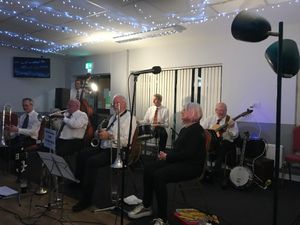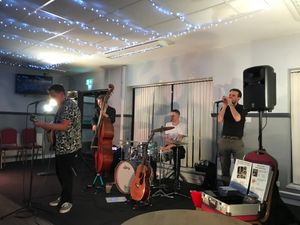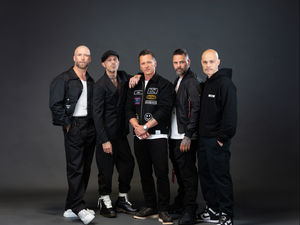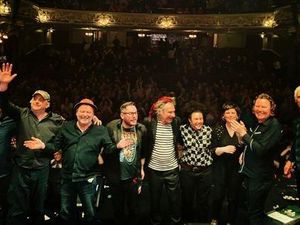Happy Days as classic jukeboxes prove a hit after lockdown
The coronavirus lockdown has led to a surge of interest in people wanting their own jukebox at home, says a dealer which is struggling to keep up with demand.
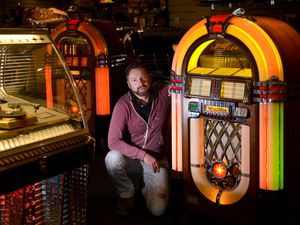
Simon Cooper, who works at The Jukebox Shop in Lye, near Stourbridge, says demand is so high that many of the classic machines are sold before they even reach the country.
And he says that many models which would have been smashed up as worthless a couple of decades ago have now become prized collectables.
The shop in Lye High Street imports classic jukeboxes from the US before restoring them on site to sell to customers. And Simon, 46, who has worked for the company for 30 years, says that every jukebox gets sold long before the restoration work is complete.
"We've always been busy over the past 30 years, but Covid has made us more busy," he said.
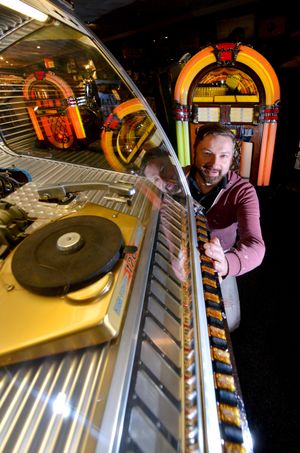
"People are staying at home, spending more money on their homes.
"People are having their own home bars, and entertaining more at home. They can choose who they mix with."
He added that the lockdowns, and the closure of pubs in particular, has left people with more spare cash.
The business was founded by John Crompton, who started work as a jukebox engineer for Ditchburn Music Co in 1964. In 1970 he launched his own company supplying pubs and clubs with coin-operated equipment, but in the mid-1980s he noticed a revival of interest in the classic American jukeboxes of the 1950s and 60s. He decided to focus on the collector market, and the shop opened in 1991.
Celebrity customers include Formula 1 drivers Jackie Stewart and David Coulthard, and Judas Priest star Glenn Tipton.
"We've had all the pop music people in here," said John, now 79.
"Robert Plant has been in, and when Status Quo used to play at the NEC, we used to supply stuff for the after-show party."
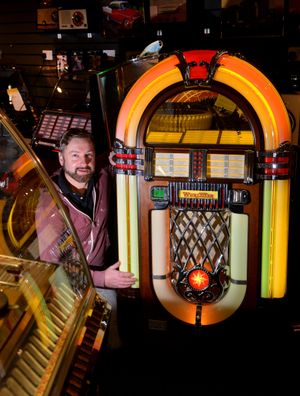
The shop now has a warehouse in the US, and brings the old jukeboxes over 20 or 30 at a time.
Simon says most customers have a very clear idea of what they want, and often reserve them before they have even reached the country.
"They usually want Wurlitzers, Rock-Olas or AMIs," he said.
"They are mostly from the 1950s and early 60s, although we do the 1940s machines as well.
"We have got a very nice 1940s Wurlitzer coming back on the next container, it's a 78 player, and they do look lovely."
He said the majority of machines are fitted with Bluetooth technology, so they can play both vinyl and music from their new owners' phones.
"The only reason for the delay is because we are so busy," he said.
"We have to tell them that you buy it now, and you will get it in about two or three months."

